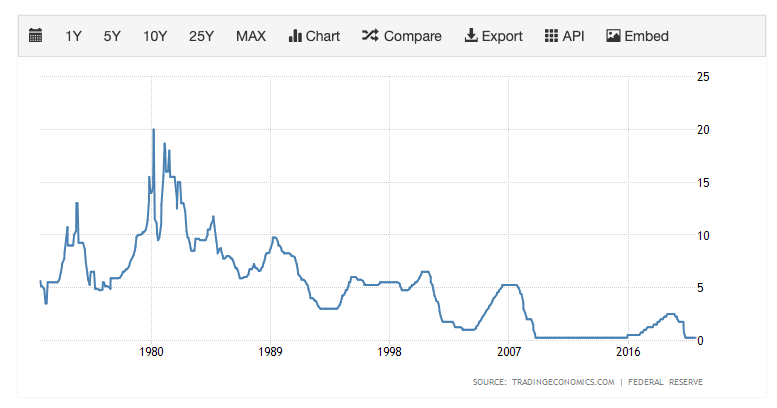
I hate real estate as an investment. Some people call me anti-developer.
One of my best friends is one of the biggest real estate developers in America.
Here's what we candidly discuss in terms of housing affordability and supply, that most will never understand.
<thread> 👇🧵
One of my best friends is one of the biggest real estate developers in America.
Here's what we candidly discuss in terms of housing affordability and supply, that most will never understand.
<thread> 👇🧵
2/ First, let's talk about developer motivation.
When do developers build rentals? When it's most profitable.
When do developers build homes for sale? When it's most profitable.
It's never because they have a deep desire to build housing. Glad that's out of the way.
When do developers build rentals? When it's most profitable.
When do developers build homes for sale? When it's most profitable.
It's never because they have a deep desire to build housing. Glad that's out of the way.
3/ How do you determine what will be more profitable?
Rentals are based on the gross yield they receive. Since rents are tied to income growth, it can only grow as fast as an economy.
Now selling a house? That grows as quickly as people can borrow money.
Rentals are based on the gross yield they receive. Since rents are tied to income growth, it can only grow as fast as an economy.
Now selling a house? That grows as quickly as people can borrow money.
4/ When interest rates fall, it provides leverage for buyers.
If I'm a developer, I can now capture not just your income, but a multiplier created by the additional debt you can take out. All of the risk is also transferred to you.
I would never build a rental here.
If I'm a developer, I can now capture not just your income, but a multiplier created by the additional debt you can take out. All of the risk is also transferred to you.
I would never build a rental here.
5/ When interest rates rise, it removes leverage. Even if your income rises, every basis point mortgage rise, lowers leverage.
... rates rise when the economy is good though. This means your income is going to rise. Just not as fast as you'll lose leverage. A rental it is.
... rates rise when the economy is good though. This means your income is going to rise. Just not as fast as you'll lose leverage. A rental it is.
6/ Since the 1990s housing bubble, interest rates have generally fallen.
There's been a few small hikes, but those hikes were brief, except before the Great Recession, when no developer wanted to invest in new housing at all.
There's been a few small hikes, but those hikes were brief, except before the Great Recession, when no developer wanted to invest in new housing at all.

7/ This is pretty much why every major city hasn't had much rental inventory built since 1990.
YIMBY groups get gaslighted into milking the government for subsidies, when developers have a hard time selling condos, and try to get subsidies to build rental projects.
YIMBY groups get gaslighted into milking the government for subsidies, when developers have a hard time selling condos, and try to get subsidies to build rental projects.
8/ They're seeded insane narratives. Blame NIMBYs for stopping rentals for any reason, from class war to racism.
e.g. an academic said the value of homes are rising is due to racist NIMBYs. He didn't disclose he just sold his home for 2x value to foreign investment lobbyists
e.g. an academic said the value of homes are rising is due to racist NIMBYs. He didn't disclose he just sold his home for 2x value to foreign investment lobbyists
9/ Anyway, my point is housing affordability is directly tied to interest rates and yields.
That's why apartments are no longer built as well. Why would you take the risk, if you can make more dumping that risk on someone with a shiny new debt approval?
</thread>
That's why apartments are no longer built as well. Why would you take the risk, if you can make more dumping that risk on someone with a shiny new debt approval?
</thread>
bonus: Why are interest rates so perpetually low? Because governments saddled themselves up with debt, and can't afford to pay more.
Like a moron that makes $80k, who just bought their third pre-sale condo, hoping the economy never improves, rates rise, and crush their value.
Like a moron that makes $80k, who just bought their third pre-sale condo, hoping the economy never improves, rates rise, and crush their value.
• • •
Missing some Tweet in this thread? You can try to
force a refresh


